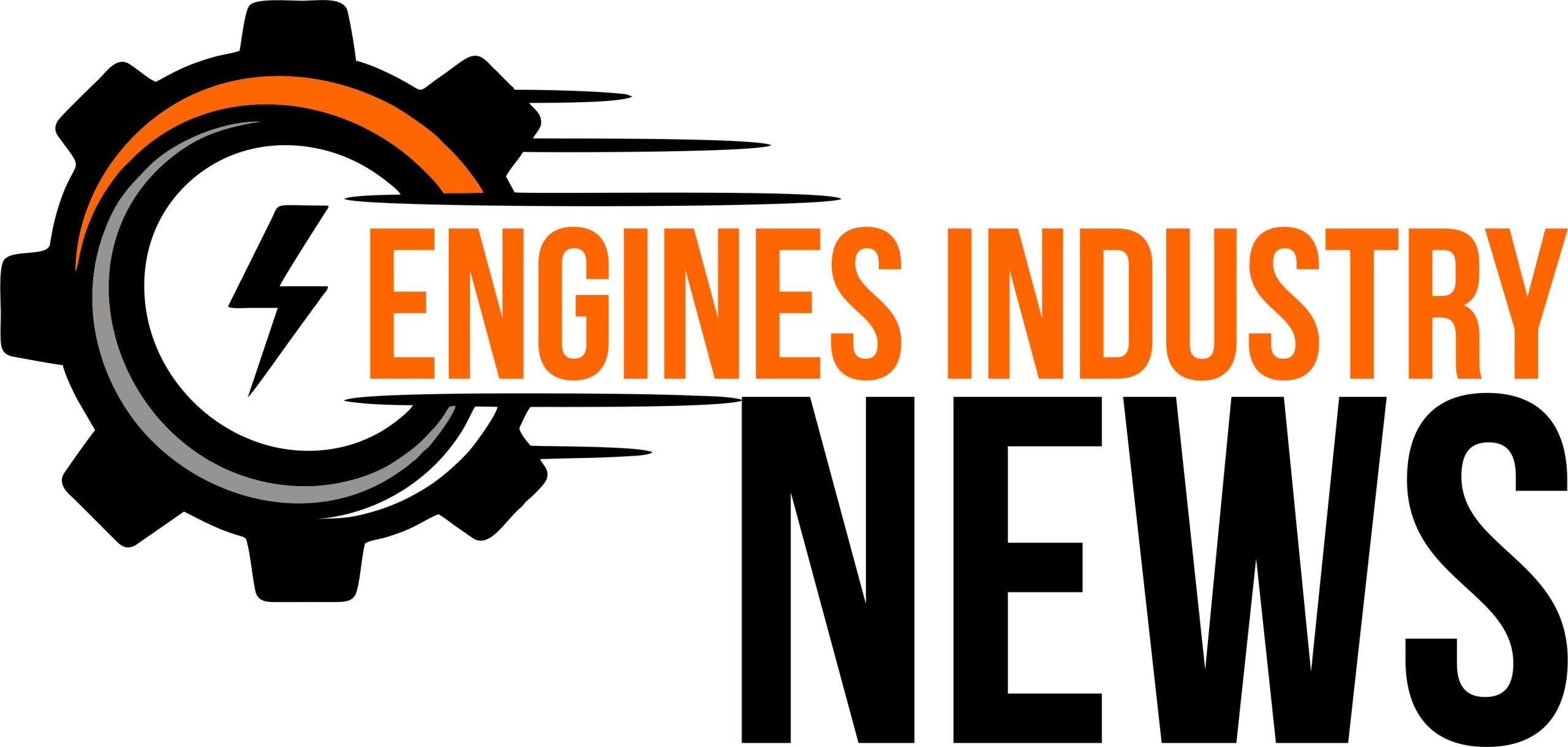Quality control is a critical aspect of running a successful business, particularly for start-ups and small enterprises that must balance efficiency, cost, and customer satisfaction. Poor quality can lead to increased returns, loss of customer trust, and reputational damage. However, many small businesses lack the resources for full-scale quality assurance teams. By implementing smart strategies and leveraging external expertise, start-ups can build a scalable and effective quality control system.
1. Establish Clear Quality Standards
The foundation of any quality control process is setting well-defined standards for production, packaging, and service delivery. Start-ups should document these requirements in detail, covering aspects such as:
- Product specifications (materials, dimensions, tolerances)
- Performance and durability requirements
- Packaging and labeling compliance
- Safety and regulatory adherence
For businesses involved in manufacturing or product distribution, aligning with internationally recognized quality frameworks such as ISO 9001 can help ensure consistency and build credibility with customers and partners.
2. Implement Quality Control Checkpoints
A common mistake among start-ups is performing quality checks only at the final stage of production. Instead, businesses should incorporate multiple inspection points throughout the process, including:
- Raw material verification: Ensuring suppliers provide materials that meet quality expectations.
- In-process inspections: Catching defects early in the production cycle to reduce waste and rework.
- Pre-shipment inspections: Final quality checks before products are dispatched to customers.
By adopting a multi-stage approach, businesses can detect and resolve issues before they escalate into costly problems.
3. Leverage Third-Party Quality Inspections
Small businesses often lack in-house quality control teams, making third-party inspections a valuable solution. External inspection services provide an unbiased assessment of products and manufacturing processes, helping businesses identify defects and ensure compliance with industry standards. A supplier quality audit can help businesses verify supplier reliability and mitigate the risk of defective goods entering the supply chain.
“Start-ups and small businesses can benefit from independent inspections to maintain product consistency and prevent quality-related setbacks. Explore supplier audit solutions to ensure compliance and protect your brand reputation.”
4. Train Employees on Quality Control Best Practices
A well-trained workforce is essential for maintaining quality. Employees should be educated on key quality control principles, including:
- How to identify and report defects
- Proper handling and storage of materials
- Adhering to standardized operating procedures
Regular training sessions help reinforce a culture of quality and encourage employees to take an active role in maintaining high standards.
5. Use Technology to Improve Quality Assurance
Modern technology has made quality control more accessible for small businesses. Tools such as real-time data analytics, IoT-enabled sensors, and AI-driven defect detection can enhance accuracy and efficiency in inspections. Businesses that invest in automation and digital tracking systems can monitor production quality with greater precision while reducing manual errors.
6. Monitor Supplier Performance and Address Issues Early
For businesses that rely on third-party manufacturers or suppliers, ongoing monitoring is key to maintaining quality standards. Regular supplier evaluations, quality scorecards, and audits help ensure consistent performance. Businesses should maintain open communication with suppliers and address quality concerns proactively rather than reactively.
Optimizing quality control is essential for start-ups and small businesses looking to establish credibility and reduce operational risks. By setting clear quality standards, implementing multi-stage inspections, leveraging third-party expertise, and integrating technology-driven solutions, businesses can build a reliable and scalable quality assurance system. A strong focus on quality not only minimizes defects and returns but also enhances customer trust and long-term success.




